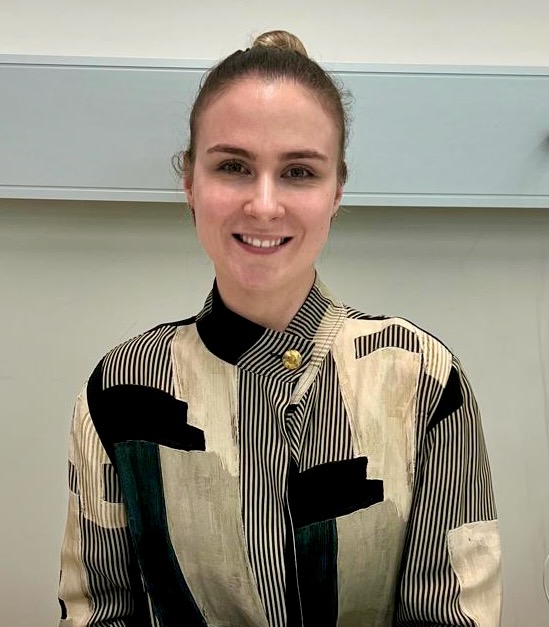Bridging Environmental Science and Policy for Global Sustainable Development Action

Marta Koch is an environmental scientist and science–policy interface researcher at Imperial College London and a delegate to UNFCCC Technology Executive Committee Activity Groups, Climate Technology Centre and Network (CTCN) Advisory Board meetings, COPs and UN Environment Programme Environment Assembly meetings. Her work focuses on digital technology innovation for climate action and sustainable development, especially in climate-vulnerable and climate-extreme settings, and she has worked with UNDP, UN-Habitat and UNOPS on developing evidence-based policymaking and capacity building under the framework of the Paris Agreement and the UN Sustainable Development Goals.
On 10th November every year, the United Nations World Science Day for Peace and Development, we are encouraged to reflect on the role of science in shaping a more just, safe and sustainable world. We are also a year into the UNESCO-led UN ‘International Decade of Sciences for Sustainable Development’ 2024-2033, a reminder of the need for humanity to fully harness the power of science in advancing economic, social and environmental development for a safe and prosperous future for all.
Notably, this World Science Day coincides with the UN Climate Change Conference of the Parties (COP30) taking place from 10–21 November 2025 in Belém, Brazil, in the Amazon, and marks 10 years since the Paris Agreement. Delegates and observers, including science researchers like myself, from all over the world will be negotiating and contributing to the future of global climate action in a symbolic location, one of the world’s most climate-vulnerable settings, chosen by the COP30 Presidency to highlight the urgency of effective climate action.
As a researcher and teaching facilitator at Imperial College London Centre for Environmental Policy and Grantham Research Institute for Climate Change and the Environment, where my work focuses on how emerging digital and AI technologies can support climate action and sustainable development, I see research translation at the science-policy interface in order to inform science-based policy decision-making as a key opportunity for ensuring that my research has genuine impact. I have the opportunity to share my science in order to directly inform evidence-based global climate governance and practical decision-making and implementation.
The involvement of scientists in such intergovernmental processes at the interface provides the structure for scientific evidence to ground global climate and biodiversity policymaking and ensure it is rigorous, balanced and relevant to lived experiences across regions and local contexts. Additionally, the widespread awareness and media coverage of multilateral climate meetings and intergovernmental publications such as the COPs and IPCC reports highlight how essential it is for scientific research to be visibly seen and linked to policymaking and lived experience through societal and industry engagement at the interface. Meaningful progress addressing key global challenges such as sustainable development and climate action depends on scientists engaging not only in research, but also in science communication and relationship-building to shape the knowledge base that policymakers, industry and community actors rely on.
In particular, the translation of scientific research on environmental technologies, including emerging digital and AI innovation, open data platform and Earth intelligence system solutions, represents a significant opportunity for scientists to reshape how the latest findings are interpreted and applied. Such technologies can support faster and more equitable sustainable development progress as we approach the 2030 Agenda and UN Sustainable Development Goal deadline, but only if benefits are shared and deployed responsibly. Realising their full potential, dependent on inclusive governance and data sharing, sustained financial investment, co-design with the communities who need them the most and long-term capacity-building in climate-vulnerable and developing settings, requires collaboration across researchers, policymakers, technologists and local knowledge holders.
As an environmental scientist and climate technologist, I see working at the science-policy interface as an essential opportunity for science translation and meaningful impact. It serves as a collaborative platform for negotiation, feasibility and localisation testing beyond politics and geopolitical divisions where partnerships across research, policy, industry and civil society can be effectively forged and research correctly interpreted, priorities aligned and solutions for shared global challenges such as sustainable development are co-designed in ways that reduce climate-induced conflict over shared resources and facilitate peace-building and climate justice in line with the aims of the UN World Science Day for Peace and Development.
World Science Day reminds us that science is not only about discovery and research findings, but also about relationship-building and knowledge-sharing being applied and translated for inclusive and effective global challenge solution-finding.
You can find and follow Marta on X (formerly known as Twitter): @Marta__Koch.
